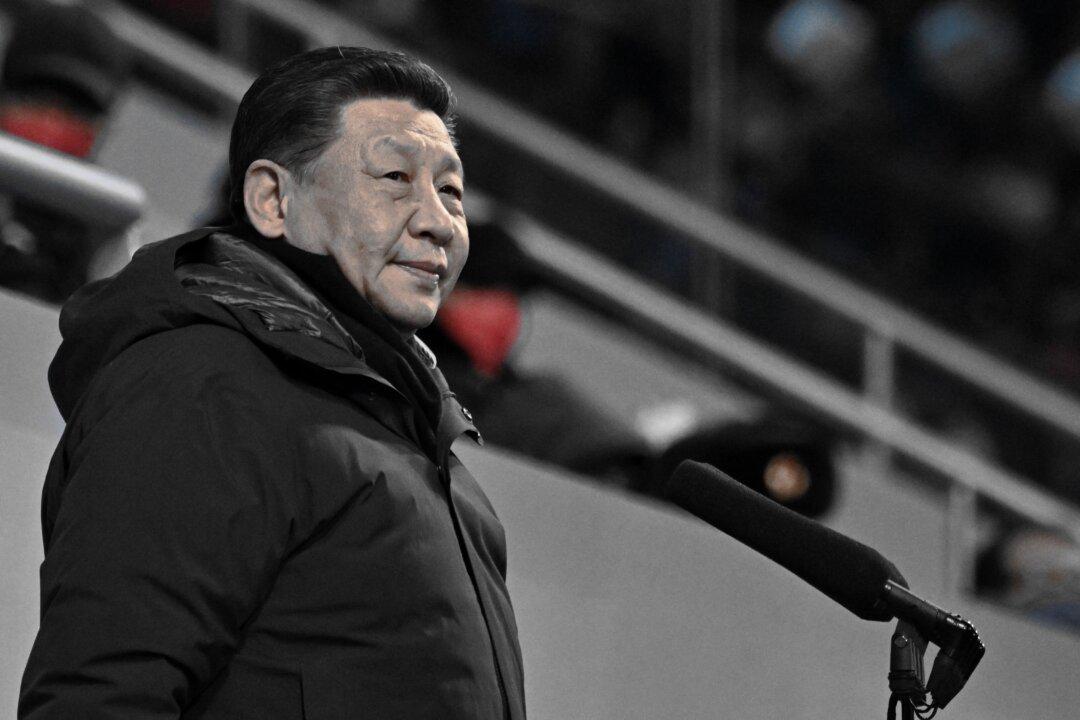Chinese leader Xi Jinping told members of the Communist Party to reform laws related to foreign matters, particularly focusing on “urgent” areas including sanctions and foreign interference.
“We must use legal means to conduct international struggle,” Xi said in a speech that he delivered to Party cadres during the Politburo’s recent study session “on building a socialist legal system with Chinese characteristics,” according to a Feb. 15 report by Qiushi, the Chinese Communist Party’s (CCP) official bi-monthly theoretical journal.





